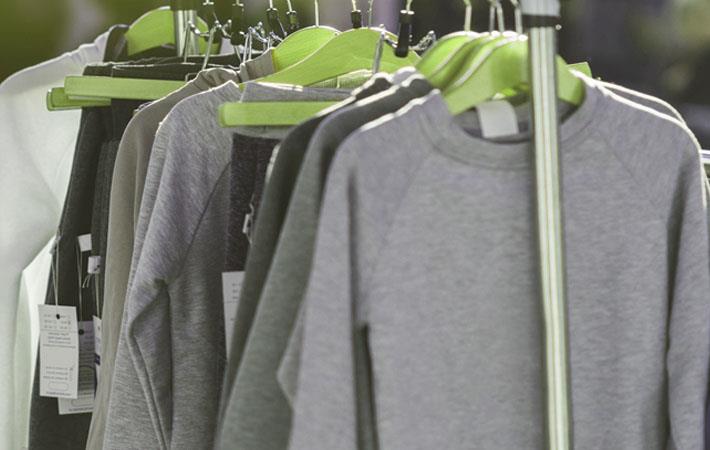Interviews
Buyers' should comply with legal wage requirements: FWF
17 Apr '19
2 min read

Buyers are responsible for complying with legal wage requirements, Klaus Hohenegger of Amsterdam-based Fair Wear Foundation (FWF) recently told a seminar in Dhaka. The seminar on ‘Labour Minute Costing and Price Negotiations with Buyers’ was organised by FWF and the Bangladesh Knitwear Manufacturers and Exporters Association (BKMEA).
FWF is a European multi-stakeholder initiative working to improve workplace conditions in the garment and textile industry. Governed by labour unions, non-governmental organisations and business associations, FWF verifies that its member companies implement the FWF Code of Labour Practices in their supply chains.
From December 1 last year, the legal minimum wages in Bangladesh went up by 51 per cent, which brought about a responsibility for brands to revisit their price levels.
In anticipation of this, FWF undertook a research with suppliers in Bangladesh to help develop a labour costing tool that could assist suppliers and buyers in determining a factory’s cost of one minute of labour—and with that identify the actual increase that would need to be applied to the manufacturing price to cover the increase in labour costs, Bangla media reported.
FWF found that many buyers were not willing to pay more, said Hohenegger, adding that brands accept to increase prices when fabric costs increase or currency fluctuates, but start bargaining when the minimum wage goes up, making the argument that factories simply need to increase their efficiency.
FWF feels it is the buyer’s responsibility to comply with legal wage requirements, but this starts with transparency, with knowing the labour component as part of an Free on Board price, he said.
Unless buyers cover the additional labour costs, the wage increase can work against, rather than in favour of, workers, speakers at the seminar said.
Struggling to cover production costs, factories may reduce their workforce, force production staff to work longer hours, or set higher production targets, and the same is happening now, Hohenegger claimed.
Participants urged for greater transparency in cost price negotiations between apparel buyers and their suppliers in order for wage compliance to be achieved and for wages to improve. (DS)
FWF is a European multi-stakeholder initiative working to improve workplace conditions in the garment and textile industry. Governed by labour unions, non-governmental organisations and business associations, FWF verifies that its member companies implement the FWF Code of Labour Practices in their supply chains.
From December 1 last year, the legal minimum wages in Bangladesh went up by 51 per cent, which brought about a responsibility for brands to revisit their price levels.
In anticipation of this, FWF undertook a research with suppliers in Bangladesh to help develop a labour costing tool that could assist suppliers and buyers in determining a factory’s cost of one minute of labour—and with that identify the actual increase that would need to be applied to the manufacturing price to cover the increase in labour costs, Bangla media reported.
FWF found that many buyers were not willing to pay more, said Hohenegger, adding that brands accept to increase prices when fabric costs increase or currency fluctuates, but start bargaining when the minimum wage goes up, making the argument that factories simply need to increase their efficiency.
FWF feels it is the buyer’s responsibility to comply with legal wage requirements, but this starts with transparency, with knowing the labour component as part of an Free on Board price, he said.
Unless buyers cover the additional labour costs, the wage increase can work against, rather than in favour of, workers, speakers at the seminar said.
Struggling to cover production costs, factories may reduce their workforce, force production staff to work longer hours, or set higher production targets, and the same is happening now, Hohenegger claimed.
Participants urged for greater transparency in cost price negotiations between apparel buyers and their suppliers in order for wage compliance to be achieved and for wages to improve. (DS)
Fibre2Fashion News Desk – India
Popular News
Leave your Comments
Editor’s Pick
































-Ltd..jpg?tr=w-120,h-60,c-at_max,cm-pad_resize,bg-ffffff)





.jpg?tr=w-120,h-60,c-at_max,cm-pad_resize,bg-ffffff)
.jpg?tr=w-120,h-60,c-at_max,cm-pad_resize,bg-ffffff)






